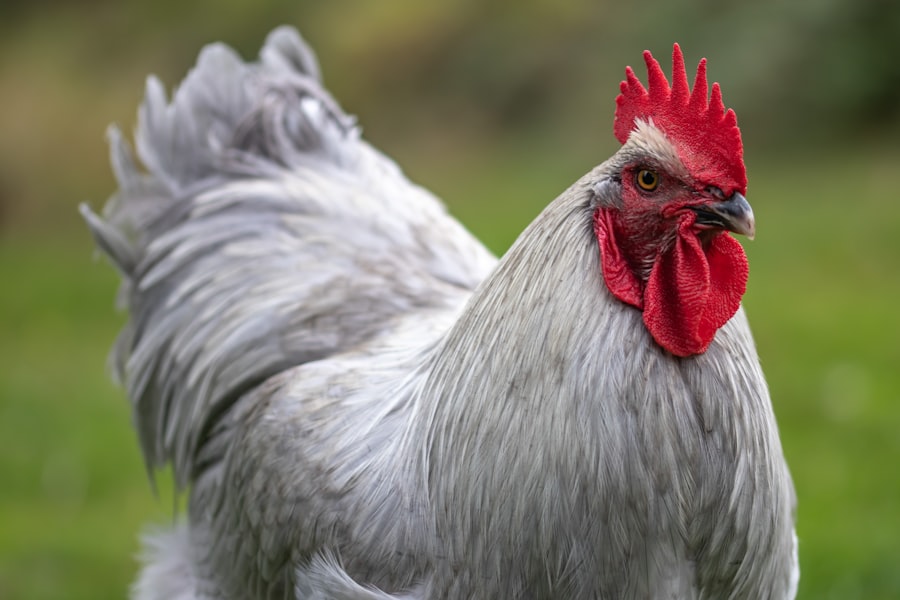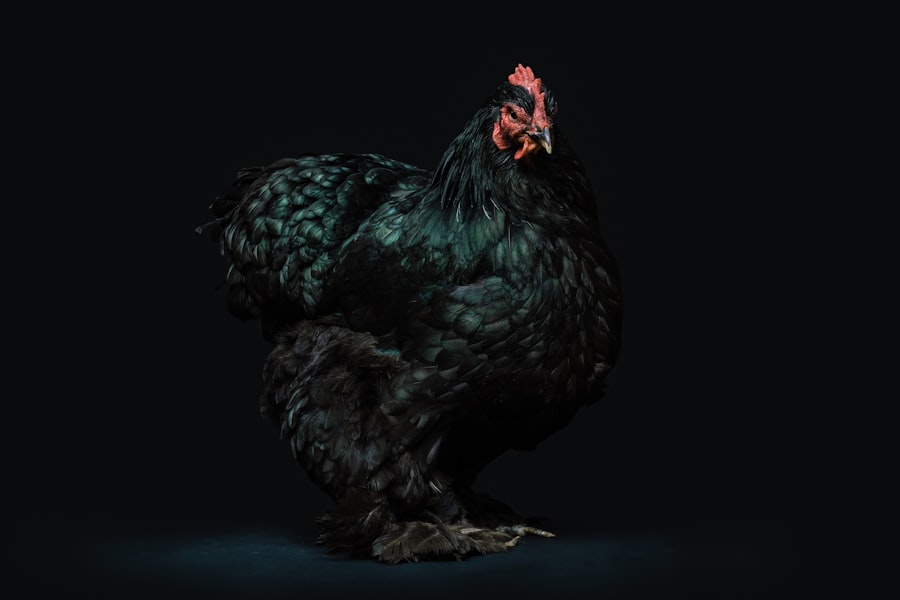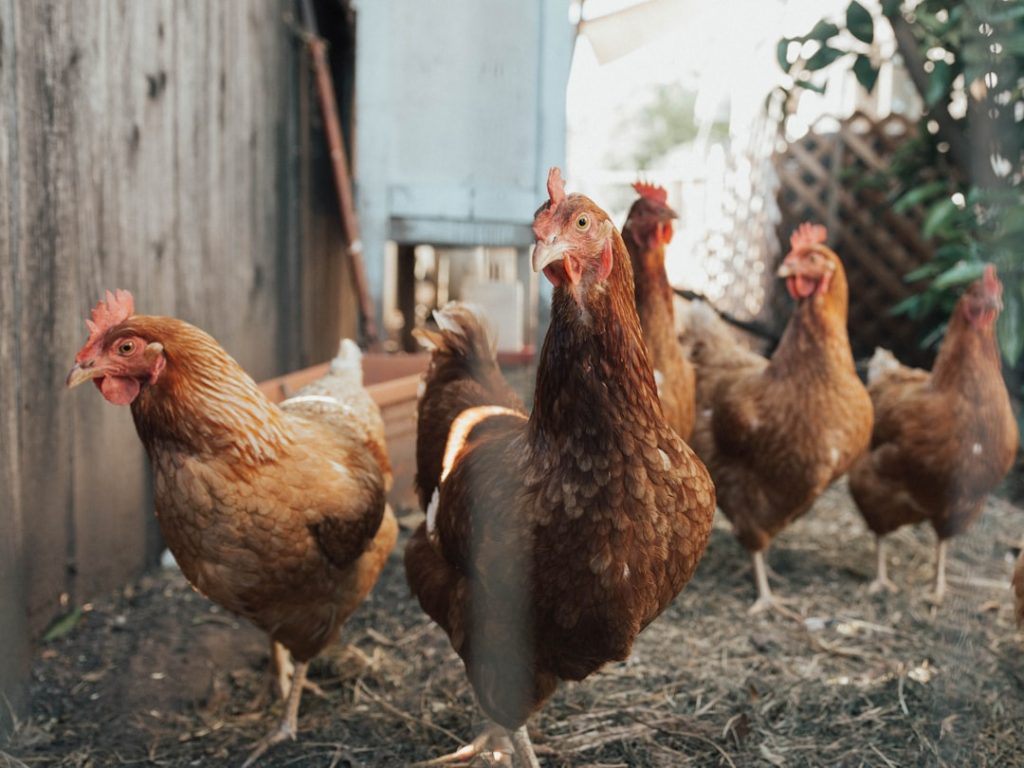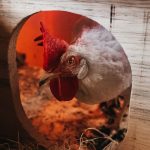Raising chickens without a traditional coop is a viable option for those seeking a more natural and free-range approach to poultry keeping. This method allows chickens to roam and forage, potentially leading to healthier and more content birds. Chickens in this environment can engage in natural behaviors such as dust bathing, scratching, and socializing.
The absence of a coop can also reduce costs and promote a more sustainable approach to chicken rearing. However, keeping chickens without a coop requires careful planning and consideration of the birds’ safety and welfare. Chickens in this setting are more exposed to predators and environmental hazards.
To ensure their well-being, it is crucial to create a secure outdoor space, provide adequate shelter alternatives, ensure proper nutrition and hydration, implement effective predator prevention strategies, maintain hygiene standards, and regularly monitor the chickens’ health and condition.
Table of Contents
- 1 Creating a Safe and Secure Outdoor Space for Chickens
- 2 Providing Shelter Options for Chickens
- 3 Ensuring Proper Feeding and Watering for Chickens
- 4 Implementing Predator Prevention Measures
- 5 Maintaining Cleanliness and Hygiene for Chickens
- 6 Monitoring and Caring for Chickens Without a Coop
- 7 FAQs
Key Takeaways
- Keeping chickens without a coop is possible with proper planning and care
- Creating a safe and secure outdoor space is essential for the well-being of chickens
- Providing shelter options such as nesting boxes and roosting poles is important for chickens’ comfort
- Ensuring proper feeding and watering for chickens is crucial for their health and productivity
- Implementing predator prevention measures such as fencing and motion-activated lights is necessary to protect chickens without a coop
- Maintaining cleanliness and hygiene in the outdoor space is important to prevent diseases and parasites
- Regular monitoring and care are essential for the health and well-being of chickens kept without a coop
Creating a Safe and Secure Outdoor Space for Chickens
Secure Perimeter Fencing
A sturdy perimeter fence is essential to prevent digging predators from gaining access to the chicken area. The fence should be buried at least a foot into the ground and tall enough to deter climbing predators such as raccoons or foxes.
Maintenance and Inspection
Regularly inspect the fence for any signs of wear or damage and promptly repair any weak spots to maintain the security of the chicken area.
Adequate Shelter and Safety Precautions
Providing adequate shelter within the outdoor space is essential for the chickens’ safety. This can include natural hiding spots such as bushes or shrubs, as well as man-made structures such as wooden pallets or small sheds. These shelters offer protection from the elements and provide a safe refuge for the chickens in case of danger. Additionally, regularly clear the outdoor space of any debris or potential hazards that could pose a threat to the chickens’ well-being.
Providing Shelter Options for Chickens

In addition to creating a safe and secure outdoor space, providing suitable shelter options for chickens is essential when keeping them without a coop. One option is to utilize portable chicken tractors, which are movable pens that provide shelter and protection for the birds while allowing them access to fresh grass and insects. These tractors can be easily moved around the outdoor space to ensure that the chickens have access to new foraging areas while still being protected from predators.
Another shelter option for chickens without a coop is a simple A-frame structure made from lightweight materials such as PVC pipes and chicken wire. This type of shelter provides overhead protection from rain and sun while allowing for ample ventilation. Additionally, providing roosting bars within the shelter allows the chickens to perch comfortably at night, which is essential for their natural behavior and overall well-being.
It is important to regularly inspect and maintain these shelter options to ensure that they remain secure and in good condition. This includes checking for any signs of wear or damage, reinforcing weak spots, and cleaning out any accumulated debris or waste to maintain a clean and healthy living environment for the chickens.
Ensuring Proper Feeding and Watering for Chickens
When keeping chickens without a coop, it is important to ensure that they have access to proper feeding and watering options within their outdoor space. This can be achieved by providing sturdy feeders and waterers that are designed to withstand outdoor conditions and prevent contamination from debris or pests. Additionally, it is important to regularly clean and refill these containers to ensure that the chickens have access to fresh food and water at all times.
In addition to traditional feeders, allowing chickens to forage for insects, seeds, and vegetation within their outdoor space can provide them with essential nutrients and enrichment. This natural foraging behavior not only contributes to the chickens’ overall health but also reduces the need for supplemental feed, making it a more sustainable option for feeding chickens without a coop. Furthermore, it is important to monitor the chickens’ feeding and drinking habits regularly to ensure that they are consuming an adequate amount of food and water.
Any changes in their behavior or appetite should be promptly addressed to prevent potential health issues.
Implementing Predator Prevention Measures
One of the biggest challenges of keeping chickens without a coop is protecting them from potential predators such as raccoons, foxes, hawks, and even domestic pets. Implementing predator prevention measures is essential to ensure the safety and well-being of the chickens in their outdoor environment. One effective method of predator prevention is using motion-activated lights or sound devices to deter nocturnal predators such as raccoons or foxes.
These devices can startle predators and discourage them from approaching the chicken area. Additionally, installing predator-proof fencing or hardware cloth around the perimeter of the outdoor space can prevent digging or climbing predators from gaining access to the chickens. Another predator prevention measure is providing secure overnight housing for the chickens, such as locking them in a sturdy shed or coop at night when they are most vulnerable to nocturnal predators.
This can be achieved by installing automatic coop doors that close at dusk and open at dawn, ensuring that the chickens are safely secured during the night. It is important to regularly inspect the outdoor space for any signs of predator activity and promptly address any potential vulnerabilities in the security measures. By implementing these predator prevention measures, you can help ensure that your chickens are safe from harm while living without a traditional coop.
Maintaining Cleanliness and Hygiene for Chickens

Preventing Waste and Debris Buildup
One way to maintain cleanliness is by regularly raking or turning over the soil within the outdoor space to prevent the buildup of waste and debris.
Natural Cleaning Methods
Additionally, providing ample dust bathing areas with sand or diatomaceous earth allows the chickens to naturally clean themselves and control parasites such as mites or lice.
Monitoring Health and Addressing Issues
Furthermore, regularly inspecting the chickens for any signs of illness or injury is essential for maintaining their overall health and well-being. Any abnormalities should be promptly addressed by isolating affected birds and seeking veterinary care if necessary.
Monitoring and Caring for Chickens Without a Coop
When keeping chickens without a coop, it is important to monitor their behavior and well-being regularly. This includes observing their feeding habits, social interactions, and overall health on a daily basis. By being attentive to their needs, you can quickly address any potential issues that may arise.
Additionally, providing enrichment activities such as hanging treats or toys within the outdoor space can help keep the chickens mentally stimulated and prevent boredom-related behaviors such as feather picking or aggression. Regularly interacting with the chickens by spending time in their outdoor space can also help build trust and socialization with the birds. This can make it easier to handle them for health checks or other necessary care.
In conclusion, keeping chickens without a coop can be a rewarding experience that allows for more natural behaviors and free-range living for the birds. By creating a safe and secure outdoor space, providing suitable shelter options, ensuring proper feeding and watering, implementing predator prevention measures, maintaining cleanliness and hygiene, and monitoring their well-being, you can successfully care for chickens without a traditional coop structure. With careful planning and attention to their needs, you can create a thriving environment for your flock while enjoying the benefits of raising chickens in a more natural setting.
If you’re interested in keeping chickens without buying a coop, you might want to check out this article on how to care for goslings. It provides valuable information on raising and caring for young geese, which could be helpful if you’re considering alternative housing options for your chickens.
FAQs
Can I keep chickens without buying a coop?
Yes, it is possible to keep chickens without buying a traditional coop. There are alternative housing options such as using a chicken tractor, converting an existing structure, or building a DIY coop.
What is a chicken tractor?
A chicken tractor is a portable coop that allows chickens to have access to fresh grass and insects while still being protected from predators. It can be moved around the yard to provide the chickens with new foraging opportunities.
How can I convert an existing structure into a chicken coop?
You can convert an existing shed, playhouse, or other structure into a chicken coop by making necessary modifications such as adding roosts, nesting boxes, and predator-proofing measures. Ensure the structure has proper ventilation and access to sunlight.
What are the benefits of building a DIY coop?
Building a DIY coop allows you to customize the size and design to fit your specific needs. It can also be a cost-effective option compared to purchasing a pre-made coop. Additionally, it can be a fun and rewarding project for those who enjoy DIY projects.
What are some important considerations when keeping chickens without a traditional coop?
When keeping chickens without a traditional coop, it’s important to ensure that the housing provides protection from predators, adequate ventilation, access to fresh water and food, and a comfortable space for the chickens to roost and lay eggs. Regular cleaning and maintenance are also essential.
Meet Walter, the feathered-friend fanatic of Florida! Nestled in the sunshine state, Walter struts through life with his feathered companions, clucking his way to happiness. With a coop that’s fancier than a five-star hotel, he’s the Don Juan of the chicken world. When he’s not teaching his hens to do the cha-cha, you’ll find him in a heated debate with his prized rooster, Sir Clucks-a-Lot. Walter’s poultry passion is no yolk; he’s the sunny-side-up guy you never knew you needed in your flock of friends!







